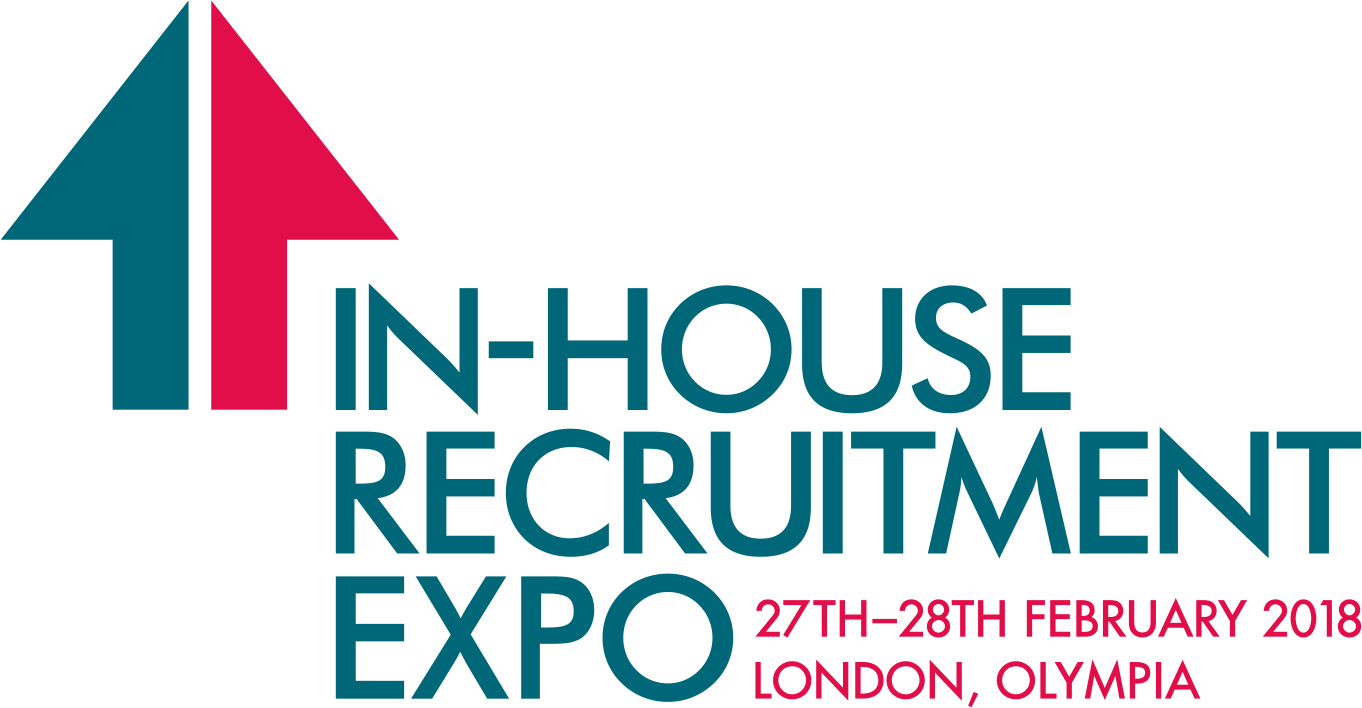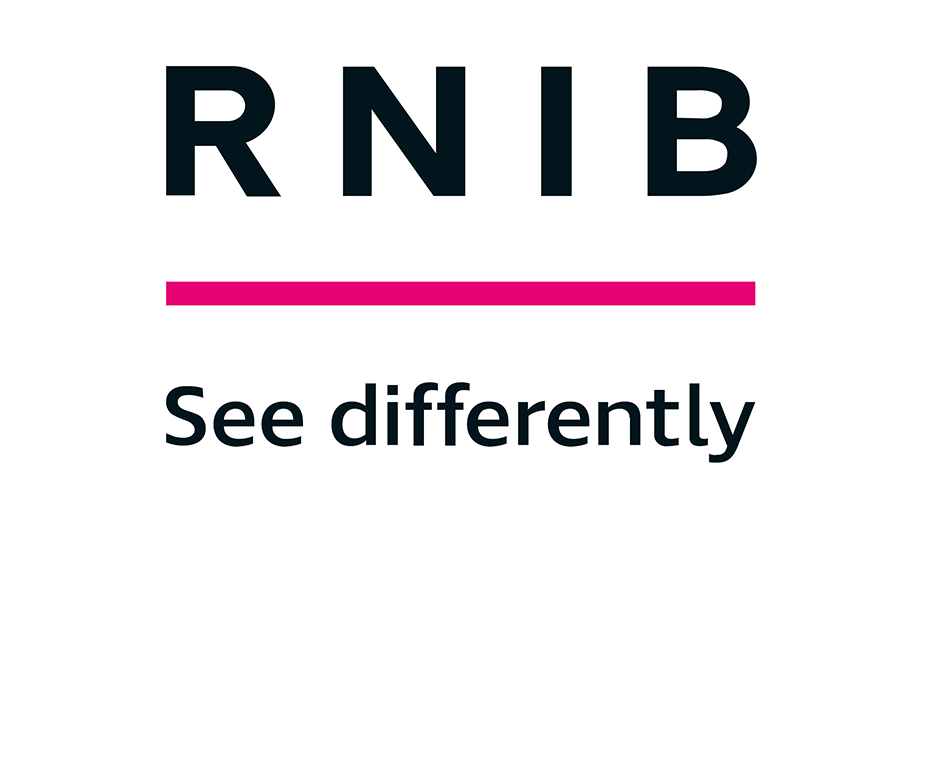
For too long a lot of recruitment has revolved around a historical CV showcasing past performance, and a range of selection techniques comprising anything from gut instinct, first impressions, curveball questions, panel interviews to the standard Myers Briggs appraisal. For sales people there might be an attempt at a DISC assessment, or they could be required to role play selling a biro to the interviewer.
The cost of getting it wrong is rising, and problematical. There’s disruption to the team, often leading to a drop in morale, possible loss of business, questions asked about the hiring manager’s judgement, not to mention the additional costs of re-hiring and on-boarding. Estimates vary on the financial cost with figures between £20,000 and £40,000 quoted for each wrong hire. And that’s before we take into account the potential effect on employer brand and reputation.
Research tells us that past performance is unreliable indicator of future potential, and that hires made on gut instinct aren’t more effective, so why do we still rely on them? Seeing as how the best hire is usually a strong cultural fit, sharing the organisation’s visions and values, and displaying integrity, character and adaptability – why don’t we assess robustly for those?
Promotion is quite often based upon most recent achievement, longevity of service or loyalty to a particular manager or director. Yet most days we hear a call for leaders who can inspire, who show empathy and perspective, can give constructive feedback and have difficult conversations – how often do we assess potential promotion candidates for these?
We now have greater understanding and better tools. Social profiling, conversation and text analysis, behavioural assessment, strengths based assessment, gamification, situational testing and mobile can all offer ways to find out about the person and character, how they may react and whether they are a cultural and values fit for the business.
With recruiters being increasingly measured on quality of hire, and mangers more aware of what is being said about them online, now is the time to look at deeper and better ways to assess and select our potential talent.
At January’s In House Recruitment Expo you can hear Ravi Mikkelsen, CEO of JobFig present on ‘Not Your Grandmother’s Assessment: Analyzing Employees and Candidates in the 21st Century’. JobFig use the ‘Five Factor Model of Personality’ – Openness, Conscientiousness, Extraversion, Agreeableness and Neuroticism – to help predict fit, performance and cohesion.
Getting better assessment, insights and predictions can help to recruit, develop and retain the most relevant talent… and save money too!
Mervyn Dinnen



